Claiming there is a “recycling crisis” in the UK, DS Smith said research it commissioned had found UK households are running out of room in their bins so that they can’t recycle properly. And, it added that there is a need for “desperate reform” of recycling infrastructure.
However, local authorities contacted by letsrecycle.com said that while there has been an upturn in recycling ranging from 10-25%, largely because of the pandemic, there was no recycling crisis and that councils were generally coping well with the extra volumes of recyclables.

Amazon
DS Smith is at the centre of the cardboard recycling market as it supplies major users of cardboard packaging, including online giant Amazon. To make cardboard it needs to ensure it has sufficient used cardboard and mixed papers. The domestic waste stream is now becoming more important as a source of feedstock, especially with the closure of some retail sectors and competition from overseas buyers.

Rogier Gerritsen, managing director of recycling at DS Smith, said: “Even before the pandemic, we were making the switch to online shopping and working from home more, but restrictions due to Covid-19 have revolutionised these trends. With many of these changes looking set to stay, including our new recycling habits, we need to ensure that our collections infrastructure enables us to recycle as much material as possible from our domestic streams.”
Mr Gerritsen went on to advocate the separate collection of paper and cardboard but did not comment on forthcoming changes to the PRN and extended producer responsibility system which will see producers and retailers having to pay substantially more towards the collection of materials.
Local authority view
Local authorities told letsrecycle.com that generally the extra tonnages of recycling have been up from 10-25% during the pandemic. One Home Counties authority said recycling volumes are “not presenting any particular problems at the moment other than being part of the general increase in tonnages we have seen so far in 2020/21.”
One local authority in the north-west remarked that with mixed paper prices high, local authorities had no problem selling material and that most were coping well with extra cardboard put out alongside collection bins. “Over the last few years news and pams has gone down and the card has made up for the difference especially with higher prices. I think that if you went to our transfer station, you would see we are doing a good job in collecting cardboard as it is full of Amazon boxes. We have seen rises of up to 22% and have managed to adapt our collections to cope with this.”
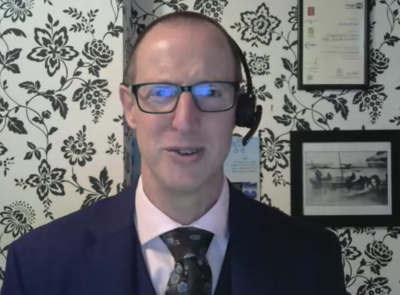
Another authority remarked that “while we did lose some material last year when HWRCs were closed and everyone was under particular pressure, I would refute any charge that we aren’t coping with the extra recycling”.
LARAC
Lee Marshall, chief executive of recycling officers’ group LARAC, said: “Our point of view is that tonnages have gone up. Collections over the years have become more efficient and, generally speaking, councils have readjusted accordingly during the pandemic. While side waste for residual waste collections is usually not permitted, I don’t see councils turning away recycling.”
MRF Infrastructure
In terms of MRF infrastructure, there were instances during the peak of lockdown last year when a few plants were turning away material because they couldn’t cope but others did have additional capacity.
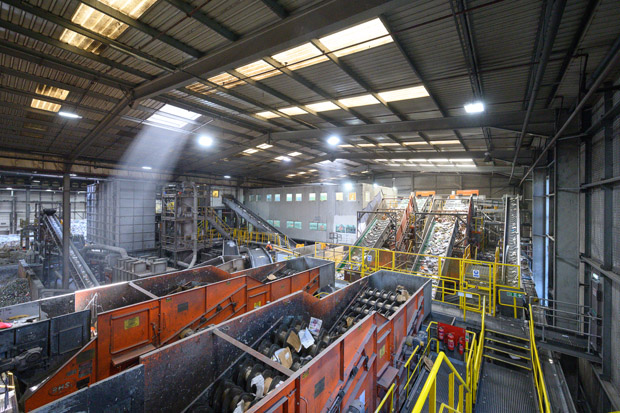
However, MRF capacity is said to have firmed quickly since the height of the pandemic, with a number of plants offering extra tonnage capability for local authorities who needed sorting of recyclables.
One company example is London-based Bywaters. A spokesman for Bywaters said: “Every year we see increased demand for dry mixed recycling services at our MRF in East London, reflecting the UK’s drive to improve recycling rates. We continue to invest in our operations to improve performance, safety, and efficiency, ensuring that we have capacity available to meet the growing demands in the sector.”





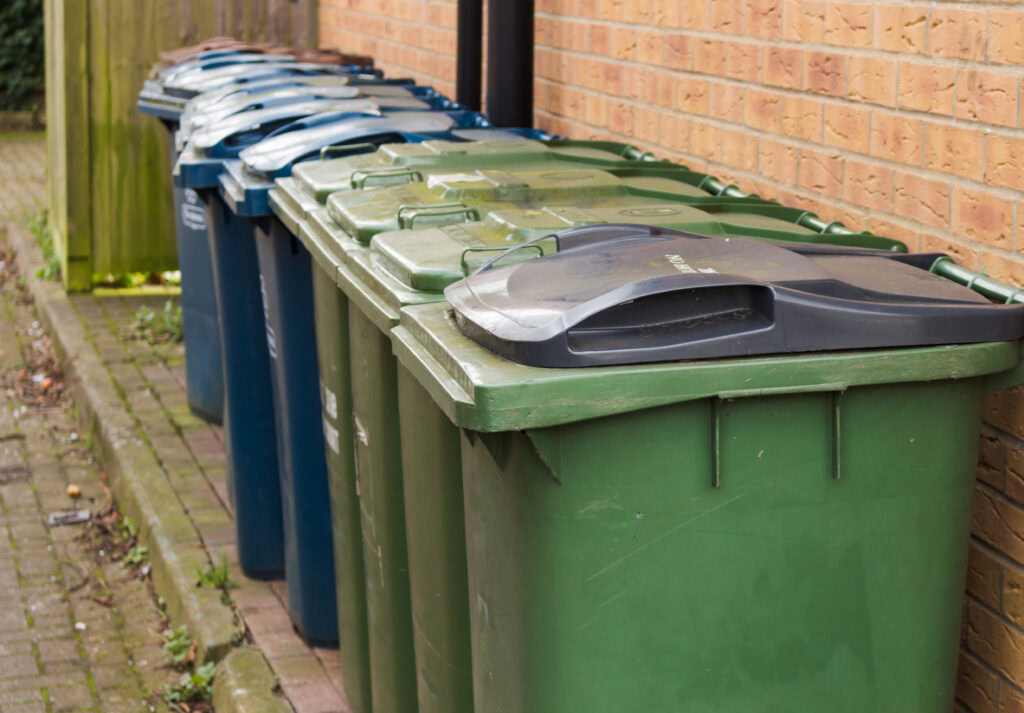
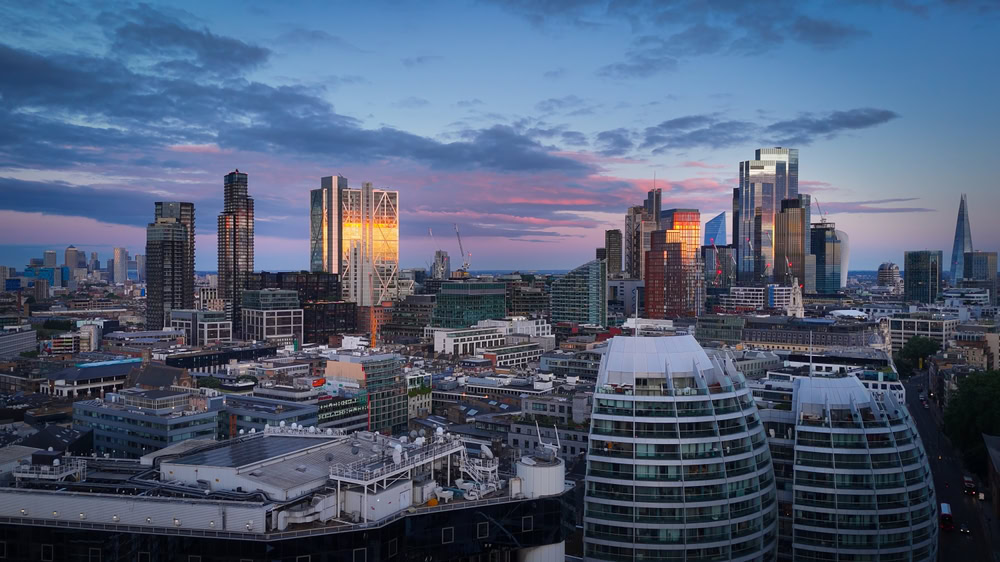
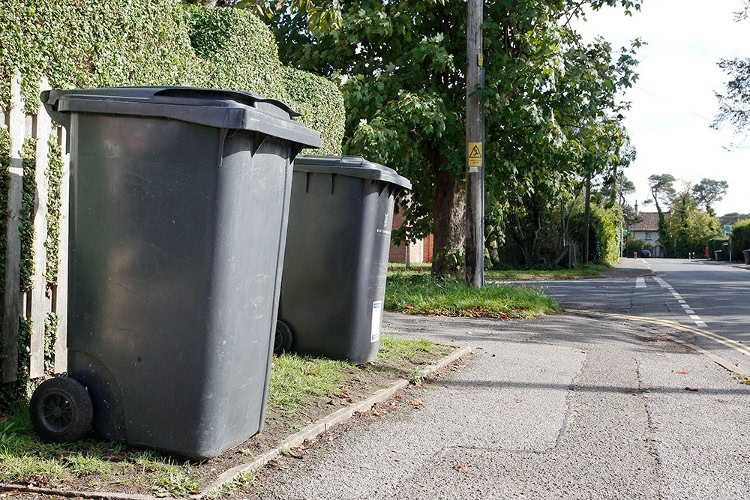
Subscribe for free